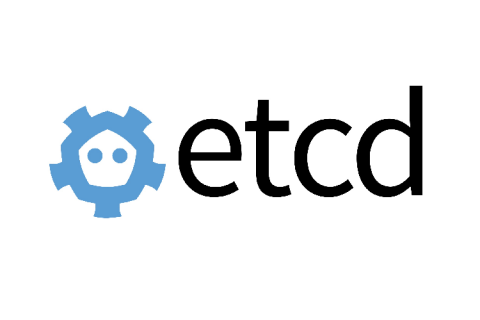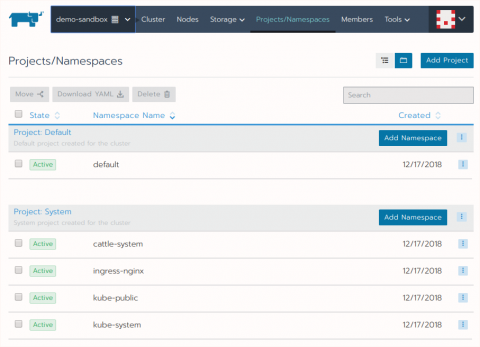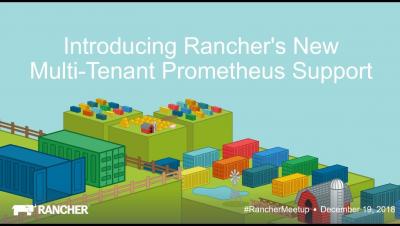Operations | Monitoring | ITSM | DevOps | Cloud
Rancher
What Is Etcd and How Do You Set Up an Etcd Cluster?
Etcd is an open-source distributed key-value store created by the CoreOS team, now managed by the Cloud Native Computing Foundation. It is pronounced “et-cee-dee”, making reference to distributing the Unix “/etc” directory, where most global configuration files live, across multiple machines. It serves as the backbone of many distributed systems, providing a reliable way for storing data across a cluster of servers.
Introduction to Kubernetes Namespaces
Kubernetes clusters can manage large numbers of unrelated workloads concurrently and organizations often choose to deploy projects created by separate teams to shared clusters. Even with relatively light use, the number of deployed objects can quickly become unmanageable, slowing down operational responsiveness and increasing the chance of dangerous mistakes.
101 More Security Best Practices for Kubernetes
This article analyzes the recent CNCF article, '9 Kubernetes Security Best Practices Everyone Must Follow' and discusses how Rancher, RKE, and RancherOS satisfy these by default. I also discuss the Rancher Hardening Guide, which covers 101 more security changes that will secure your Kubernetes clusters.
Intro to Kubernetes and Rancher Online Training: January 19, 2019
Migrating a Rancher 2.1.x Single Node Installation to a High Availability Installation
This blog describes steps to migrate Rancher 2.1.x from a single node installation to a high availability installation.
Addressing the Kubernetes dashboard and external IP proxying vulnerabilities
This blog describes how Rancher and its managed kubernetes clusters can be affected by the recent announcement detailing the vulnerabilities of the proxying external IPs and dashboard.
Herd your Rancher Labs multi-cloud strategy with Artifactory
Learn how to create a hybrid Kubernetes registry for any application deployed on any cluster managed by Rancher and JFrog Artifactory.
Deploying Elasticsearch Within Kubernetes
This tutorial walks through using Rancher to deploy Elasticsearch into a Kubernetes cluster. At the end of this article, you will have a fully functional 2-node Elasticsearch cluster, complete with sample data and examples of successful queries.











